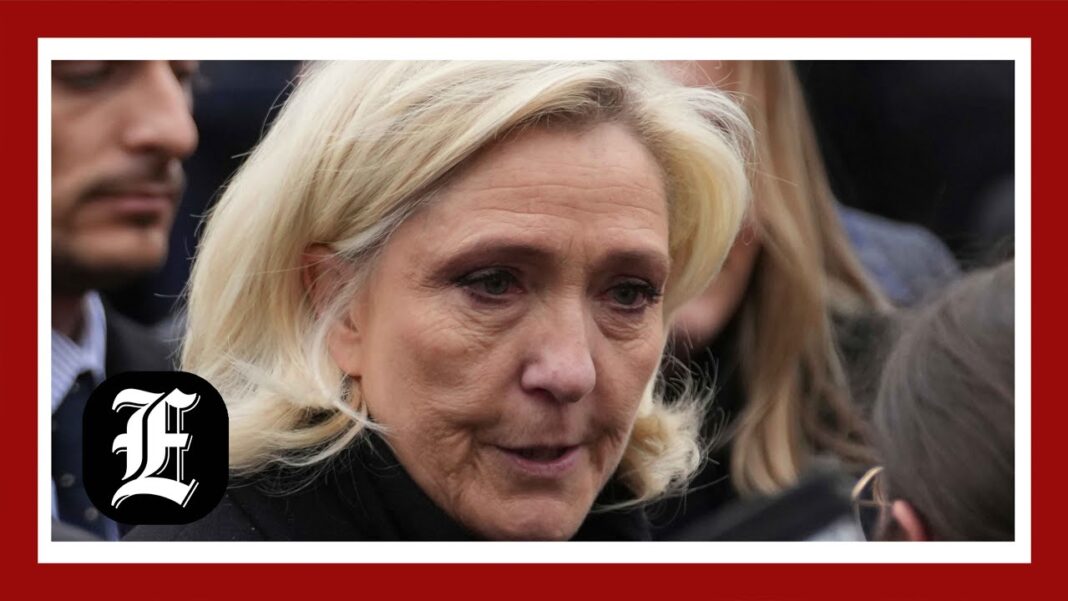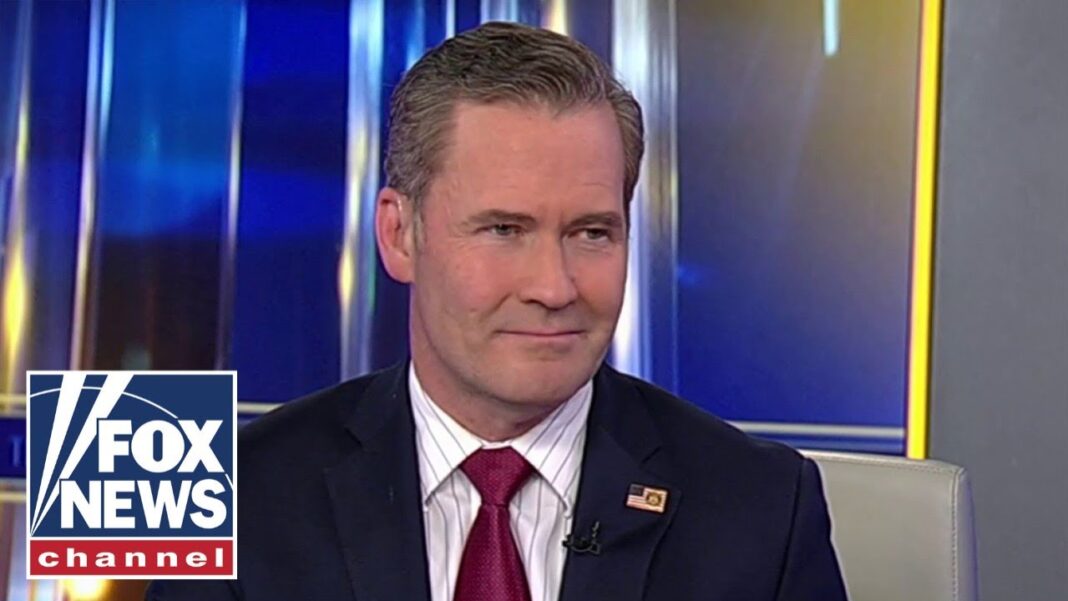Musk has drawn criticism for what some see as an attempt to buy an election in which more than $80 million has already been spent.
GREEN BAY, Wis.—Elon Musk drew applause from supporters at a March 30 town hall meeting where he handed out $2 million to publicize a Republican-backed candidate’s race for the state Supreme Court, saying “I think this will be important for the future of civilization.”
He cast the race in historical terms, urging some 1,500 attendees inside the city’s convention center to mobilize friends and family members to vote on April 1.
“What’s happening on Tuesday is a vote for which party controls the U.S. House of Representatives,” Musk said. “And whichever party controls the House, to a significant degree, controls the country, which then steers the course of Western civilization.”
The court now has a 4–3 liberal majority, with one of the conservative justices considered a swing vote. If that majority remains intact, according to Musk, congressional district maps will be redrawn to favor Democrats, altering the balance of power in Congress.
Outside the convention hall, protestors rallied against what they said was an attempt to buy a seat on the state’s high court.
Candidates in the race for a 10-year term are Waukesha County Judge Brad Schimel, backed by Musk and Republicans, and Dane County Circuit Judge Susan Crawford, supported by the state’s Democratic party.
The race has become the most expensive judicial contest in the state’s history. By March 13, Crawford had spent more than $21 million compared to Schimel’s $10 million, according to data reported by campaign finance watchdog Transparency USA.
Political action committees linked to Musk have spent more than $14 million in support of Schimel’s candidacy, though that is just a fraction of the more than $80 million in outside funds spent on the race so far according to data collected by Ballotopedia.
“Elon Musk is trying to buy Wisconsin, and we want to show him that we’re not for sale,” Kristin Lyerly, 54, of Green Bay told The Epoch Times. Lyerly had helped to organize the sidewalk protest against Musk, which police estimated at about 300 people before the event began.






